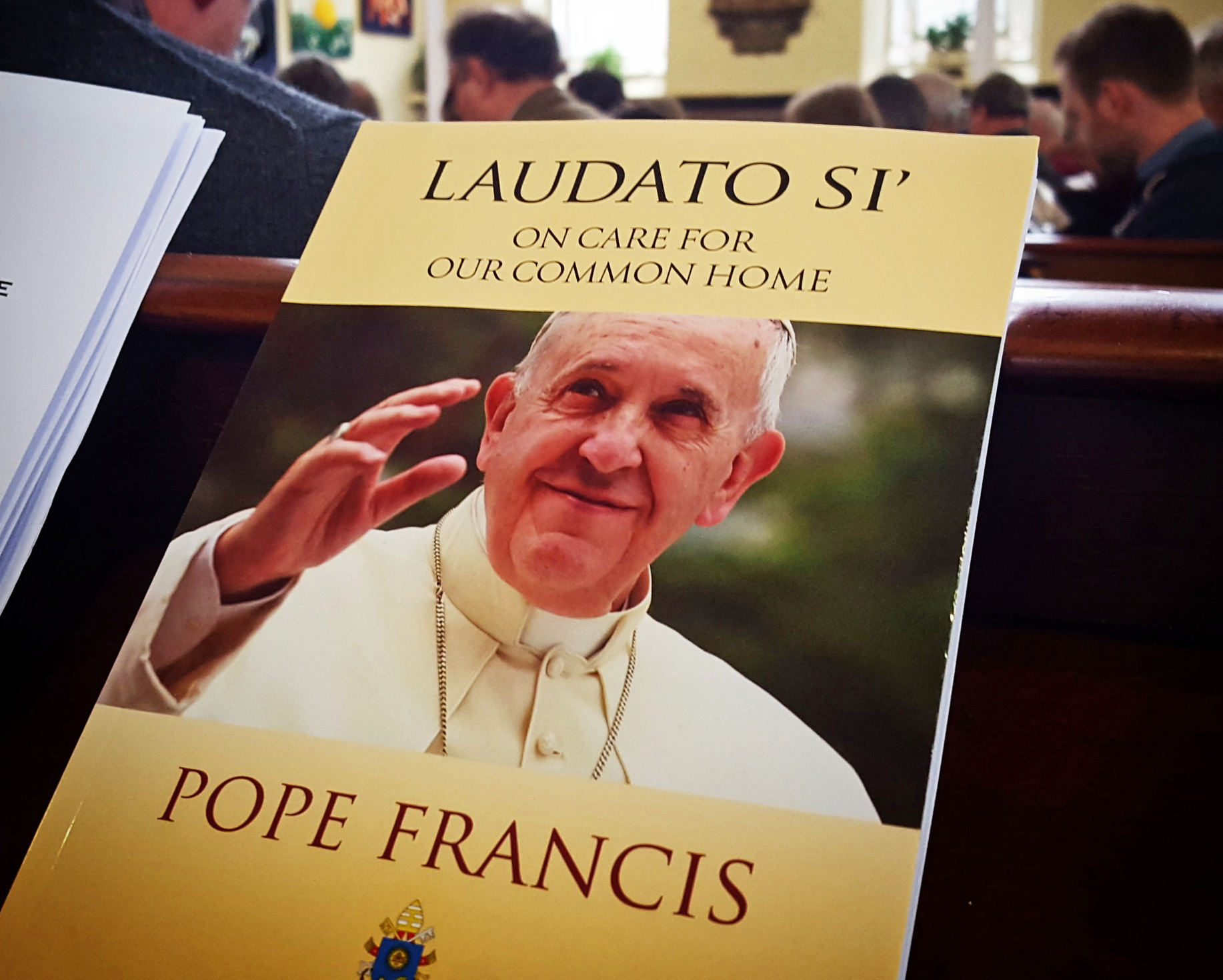In May, the Pope presented his 2015 encyclical on climate change to President Donald Trump. Senate minority leader Chuck Schumer voiced confidence that if Trump read the papal letter urging people to take action to mitigate climate change, it would convince him to let the United States remain in the Paris climate accord.
But in “Stop preaching to the converted,” a commentary published in Nature Climate Change, two former postdoctoral fellows at the Annenberg Public Policy Center said they did not share Schumer’s optimism. Asheley R. Landrum and Robert B. Lull argue that familiarity with the encyclical was not enough to sway conservatives. The encyclical Laudato si’ stressed appeals that touched on liberal but not conservative moral values, they said. To engage conservatives a message needs to appeal to a “broader moral palette.”

“Although Laudato si’ contained moral arguments with considerable empathetic appeal – couching climate change concern in terms of care for the environment, the poor, and future generations – it lacked emphasis on appeals that would resonate with conservative moral values such as loyalty and authority,” wrote Landrum, an assistant professor of science communication at Texas Tech University, and Lull, an assistant professor of communication at California State University, Fresno.
“Because of this, we believe Laudato si’ was a missed opportunity. If Pope Francis and other climate advocates wish to persuade conservatives to embrace climate-friendly behaviors and support mitigation policies like the Paris Agreement, we argue that that they need to embrace a more strategic approach to climate communication. Specifically, they ought to demonstrate to political conservatives that acting to mitigate the effects of climate change can be consistent with conservative values,” the two wrote.
The writers, who published research on the encyclical while at APPC, wrote that under moral foundations theory, there are five key values. They say the encyclical emphasized only the two most likely to appeal to progressives – care (harm to the poor) and fairness. To have succeeded with conservatives, they said, the papal letter should have included strong appeals to sanctity, loyalty and authority, the other three values. Messages that appeal to those sound “like messages from an in-group member and they [conservatives] were thus more likely to support such claims,” they said.
An appeal to sanctity might emphasize environmental degradation and pollution. A more effectively designed message might have “challenged capitalists to embrace climate action as an opportunity to channel traditions of innovation, invoking the authority of economics in solving complex problems,” instead of dismissing “innovation and economics as inefficient and insufficient…”
While appeals to all five moral foundations can be found in the encyclical, some of the appeals attacked conservative values, the essay said, blaming multinational businesses for creating issues such as water scarcity of destruction of nature – attacks that may have overshadowed more positive messages.
Read the article in Nature Climate Change.
Related studies:

